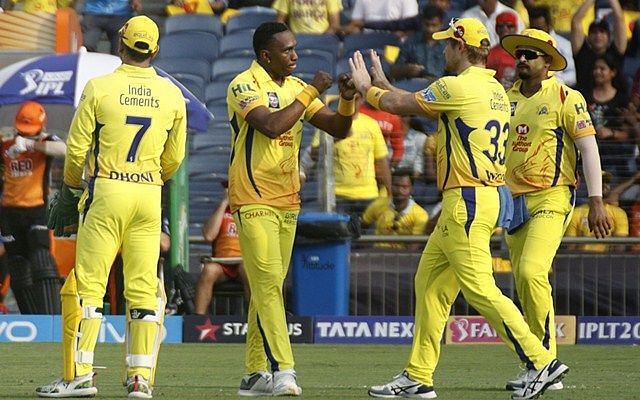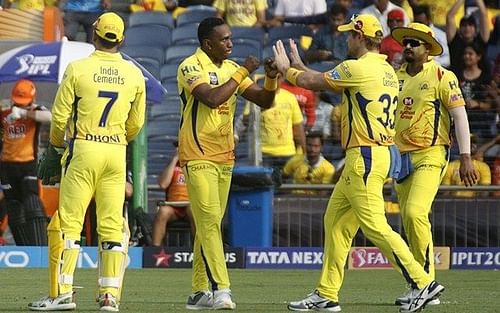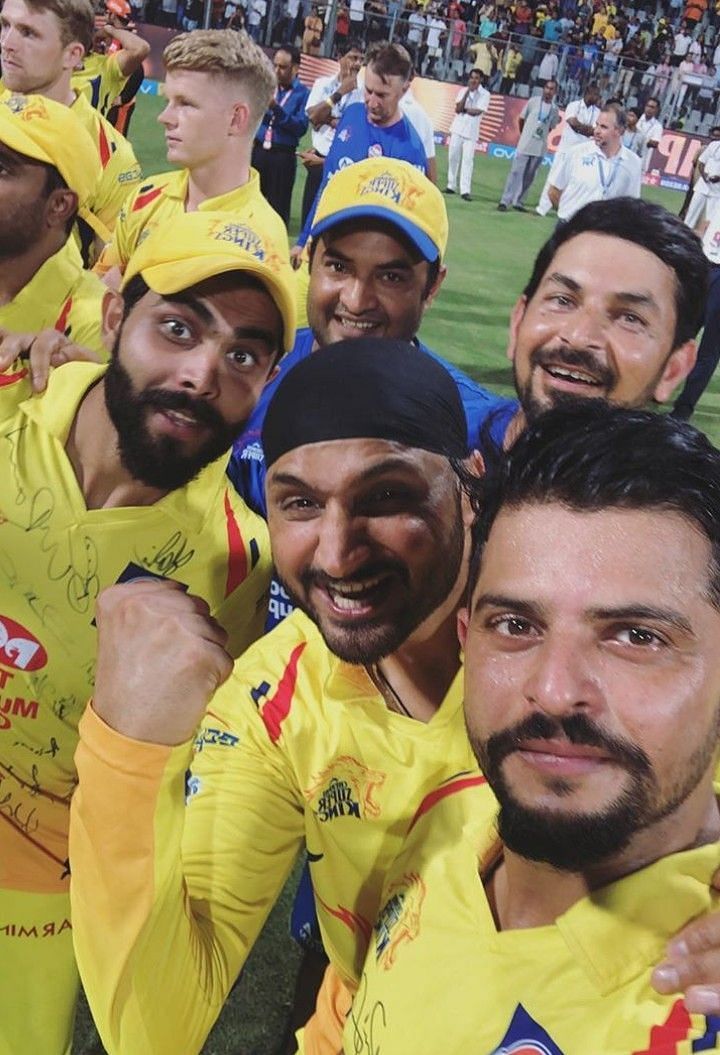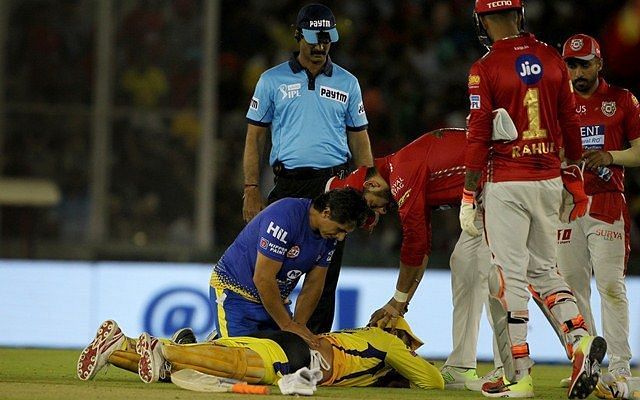
We weren't extraordinary, but a smart fielding side: CSK's fielding coach Rajiv Kumar

The long-standing theory that T20 belongs to the younger lot, was dispelled by the Chennai Super Kings this year, who rode on the shoulders of their veteran stars and ended the season with a third title in their pocket.
Despite not being spectacular on the field, and plagued throughout with injuries, the Super Kings sailed through. For Rajiv Kumar, fielding coach of the triumphant side, it wasn't an easy task fine-tuning the fielding nuances of the creaking bones.
MS Dhoni's captain during his first-class career a decade and a half back, the 41-year-old gave Sportskeeda a sneak peek into the preparation that went into making the title-winning outfit a 'smart' fielding side.
Excerpts:
The average age of the squad was 34 before the team started out. The playing XI was also complete with a number of veterans, including a 39-year-old Imran Tahir. How did you condition the old-timers? Did you have something specific planned for them?
They all have played enough cricket, specifically the IPL, where the fixtures are such that there is very little time.
We were very brief and specific, not making them run too much. The aim was just to get the basics rights and be smart. We were a smart fielding side: we weren't extraordinary like a young side, diving around, we used our resources well. We had 3-4 decent fielders, so we kept the veterans in the right place so that they did not have to field too much.
We planned it that way and it really worked for us.
Shane Watson was struggling with a hamstring towards the final stages, and Dwayne Bravo has a history of being injury-stricken. How did you manage their workload to ensure they don't flare up their injuries?
For Watson specifically, he was fielding in the slips and short third (man). Not only his hamstring, he had a groin injury as well. You could see that he was not bowling towards the end. All credit goes to Dhoni: even Bravo was not a hundred percent fit, so Dhoni used him only when required.
You can see Bravo's quite gifted with quick hands, so we placed him where he doesn't have to run around and dive too much, and you saw how he took a few brilliant catches.

Midway through the IPL, Dhoni criticized the fielding effort of the team, saying that 'it is disappointing that the guys are not aware on the field'. What was the reason for the comment, and did anything change thereafter?
Sometimes, you have to give a hundred percent, but the mind and body doesn't allow it. It was important for him (Dhoni) to make everybody aware and make the push. Sometimes it's hard, having played 16-17 games and travelling that much, if you win one or two games, you tend to relax.
So you need the extra push and that's when Dhoni made that comment. We were all trying to do the right things but it doesn't always work out like that.
Yet, it all turned out to be good in the end.
For people like Suresh Raina, Ravindra Jadeja, and Ambati Rayudu, who are naturally athletic, did you have any specific drills in place?
All these three fielders are naturally good, so all I had to do was put them in the right position.
Some players are gifted, some you need to train well. These three are very gifted and anticipate well: if you saw they were moving before the ball was hit and have a safe pair of hands. My job was to give them enough catches during practice and help them maintain good balance, which they always have. It turned out to be easy with these three.

For MS Dhoni himself, there was a minor stutter at the beginning, owing to his back issues. What specific conditioning did he require to get back on track?
With him, before the IPL, he was training a lot. When the IPL started, and he got injured in the third game (against the Kings XI Punjab), the physio made sure that he was rested well. He was in a hot bath every day. Credit goes to the team and the entire management.
The physio did well to keep the players on the ground and we had so many players in the team who were well-rested. We had about 20-22 players who played this year. It was a full team effort where everyone took responsibility.